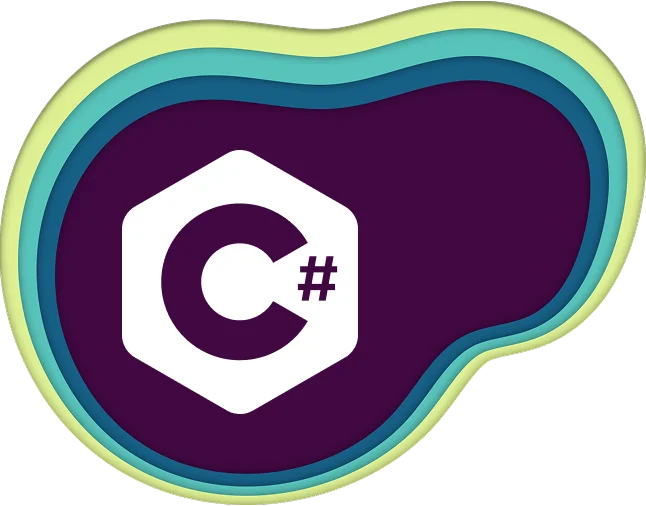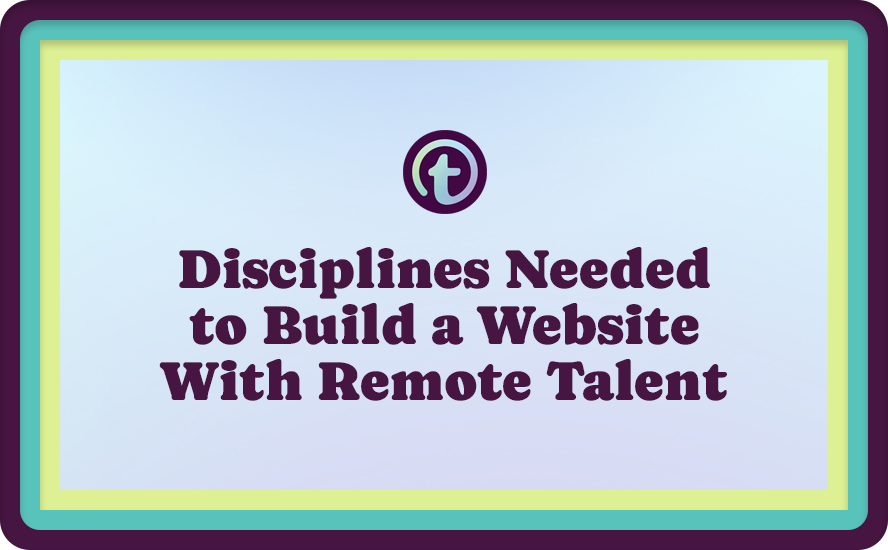Find & Hire Full-Time Remote C# Developers
Unlock the potential of skilled C# engineers from Central Asia and other dynamic global tech centers. Truss manages the complexities of international recruitment, enabling you to build powerful development teams, speed up your project timelines, and optimize your budget.


Architecting Solutions: The Role of the C# Developer
C# developers are highly versatile software engineers who utilize the C# language and the robust .NET framework to build a wide array of applications. They are problem-solvers and system builders, crafting everything from sophisticated enterprise-level software and dynamic web applications to engaging video games using engines like Unity. Their responsibilities extend through the entire development lifecycle, ensuring the creation of reliable, scalable, and maintainable software solutions. Key aspects of their role include:
Designing and implementing C# and .NET software
Developing backend services and APIs
Creating applications for Windows environments
Ensuring code quality and application security
C# and .NET: A Foundation for Enterprise-Grade Applications
C#, developed by Microsoft, is a mature, object-oriented programming language renowned for its power and flexibility, primarily within the .NET ecosystem. Its strong typing helps catch errors early, while its extensive class libraries within .NET significantly accelerate development. C# is designed for building robust, high-performance applications suitable for complex business needs.
The language benefits from Microsoft’s continuous investment, ensuring it stays modern and capable. Its seamless integration with Windows environments, Azure cloud services, and powerful development tools like Visual Studio makes it a preferred choice for organizations needing scalable, secure, and reliable software solutions. The large, active developer community provides ample support and resources.

Real-World Applications
Powering Diverse Digital Experiences With C#
Benefits of Truss
Tapping into Central Asia’s C# Talent Potential
Key Competencies for Your C# Development Hires
To build a high-impact C# development team, focus on candidates possessing these essential technical and collaborative skills:
Understanding of C# features and syntax
Proficiency with .NET Framework
Experience with ASP.NET/ASP.NET
Competence with database technologies
Familiarity with version control systems
Understanding of cloud platforms
Strong problem-solving capabilities
Effective communication and teamwork abilities
C# Developer Costs in the US vs. Central Asia
Securing C# developers in the United States often involves significant salary expenditures, typically ranging from $95,000 to $150,000 annually. By partnering with Truss to hire talent in Central Asia, you can access developers with comparable skills for substantially less, often achieving savings of 50-60%. This allows for smarter resource allocation without compromising on the quality of your software development.
annual salary for C# developer
USA
$95K – $150K

$40K – $60K

$55K – 90K
Your Streamlined Path to Global C# Development Talent
Accessing Global C# Talent Pools
We actively scout global tech hubs, including Central Asia, leveraging regional expertise to find exceptional C#/.NET developers often missed by standard searches. Our targeted approach connects you with skilled professionals proficient in modern Microsoft stack practices, saving you valuable time and expanding your access to top-tier C# talent pools worldwide.
Rigorous C# Candidate Vetting
Our multi-stage vetting goes beyond resumes, rigorously assessing C# proficiency, .NET framework knowledge (including Core/.NET 7+), and problem-solving via practical challenges. We equally evaluate communication and collaboration skills, ensuring you receive technically competent C# developers who are also a strong cultural fit for your team’s success.
Seamless International Hiring & Compliance
Truss expertly manages the complexities of global hiring for C# developers. We handle international payroll, ensure full compliance with diverse local labor laws and tax regulations, and administer benefits seamlessly across regions. This removes the administrative burden and associated risks, freeing your team to focus solely on your core C# projects.
Building Your Distributed C# Team
Our intuitive platform streamlines the entire lifecycle of your remote C# team management. Easily review vetted candidates, manage offers, facilitate smooth onboarding, and utilize integrated tools for ongoing collaboration and project tracking. We provide the visibility and structure needed to build a cohesive, productive distributed team for your C# initiatives.



What Our Clients Say

Trusted by businesses of all sizes for their remote engineering needs
Remote C# Developer Resources
Looking for more resources on hiring a remote C# developer? Check out our blog for insights, guides, tips, and more.
-
Disciplines Needed to Build a Website With Remote Talent
Are you building a startup web development company? Are you looking at what you need to help your tech company succeed? Truss may be able to help you find the developers, software engineers, SEO specialists, designers, and more that you need to build websites and drive success for your company. Tech companies building a team…
-
Your Guide to Hiring Remote C# Developers
Are you a growing software development company? Are you looking for C# developers to add to your development team? Truss may be able to help with a guide to hiring remote C# developers. C# developers play an important role in software development by using the C# programming language to test new features and applications and…
-
.NET Framework Developers in India vs Central Asia
The development of universal software applications requires the right skills and the right tools. .NET is an open-source software development platform that is the key to developing applications that can operate on multiple platforms and is a key piece of the puzzle for many tech startups and established tech companies. U.S.-based tech companies may not…























